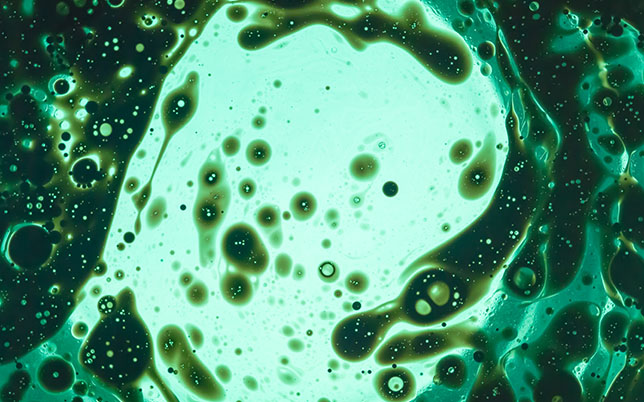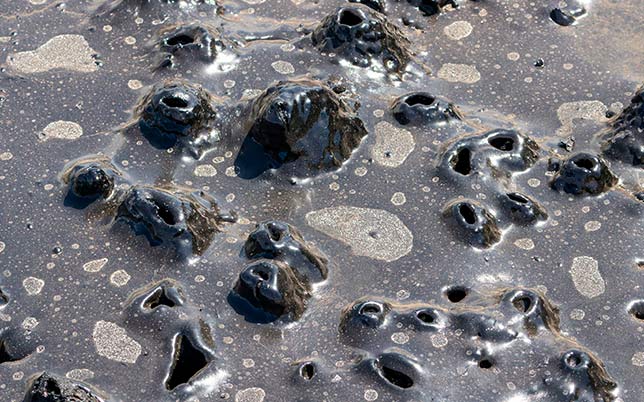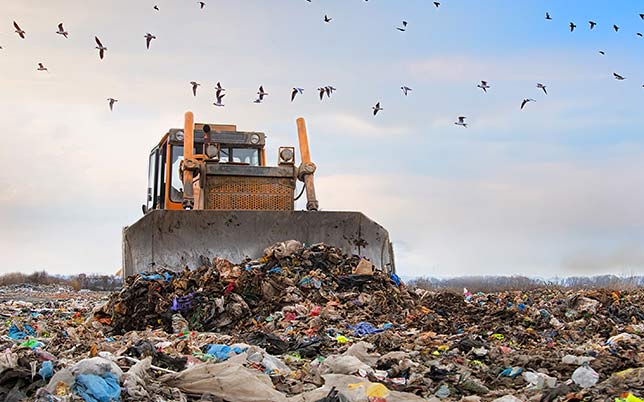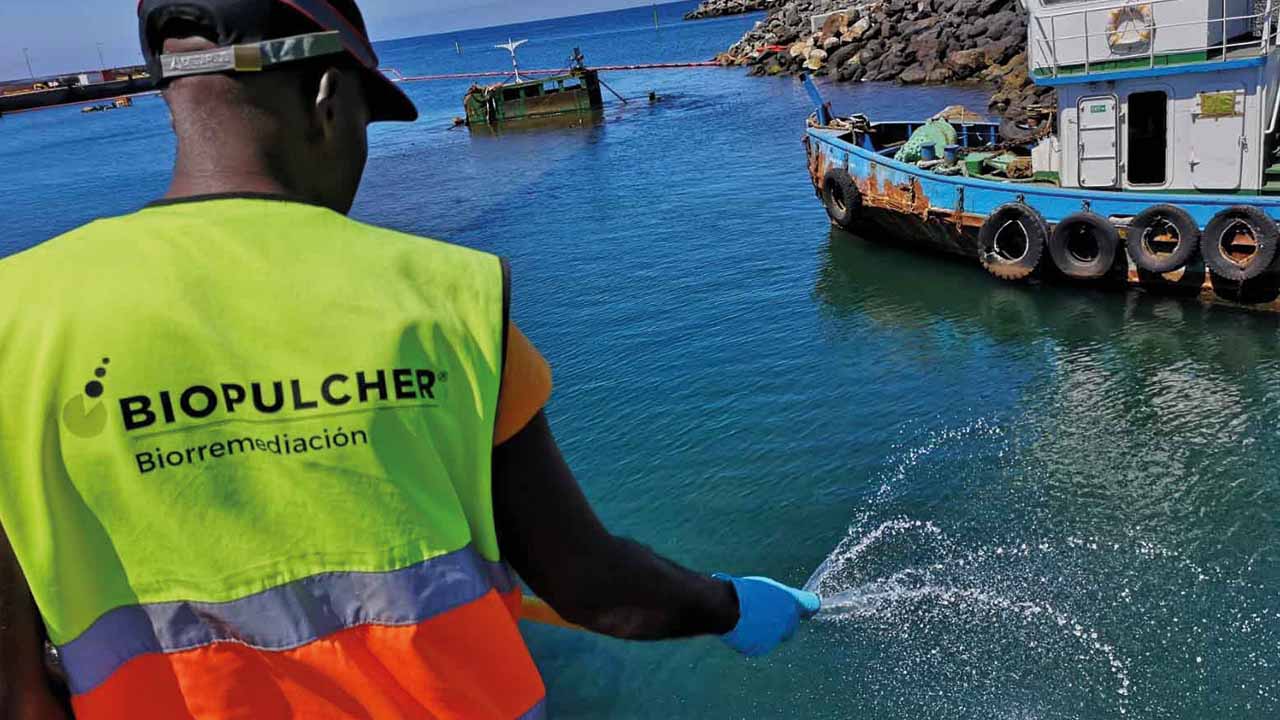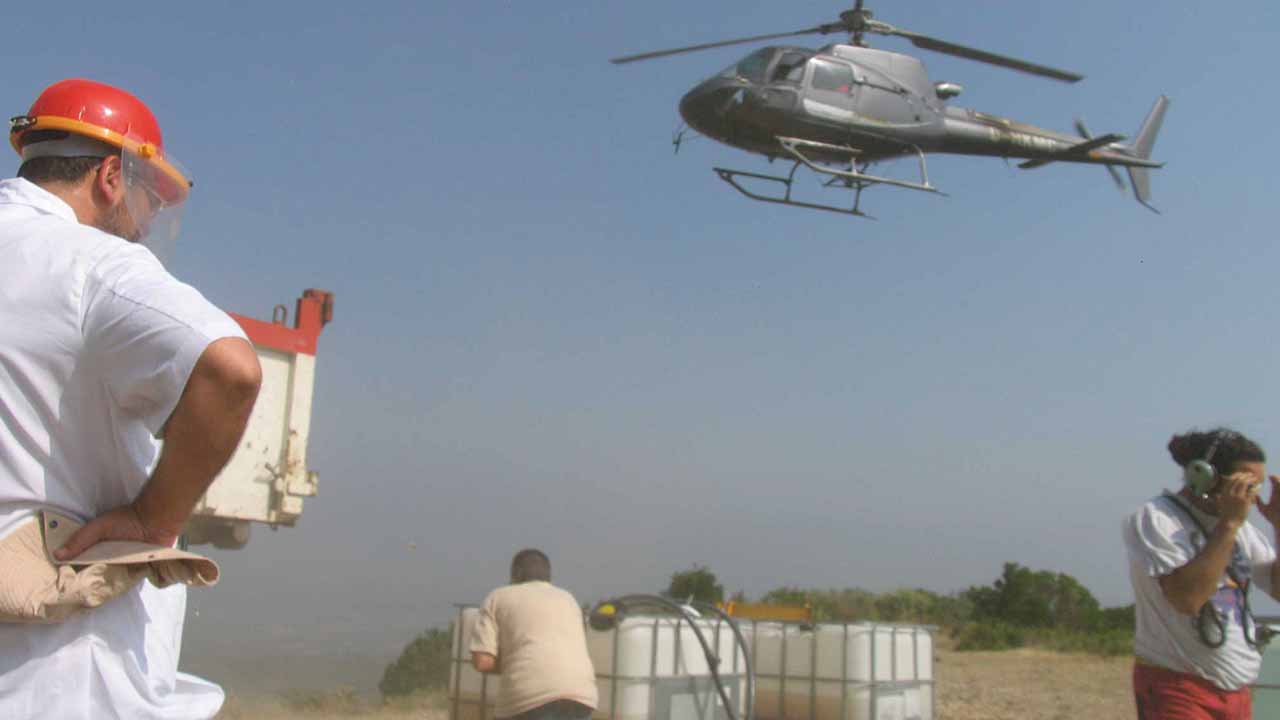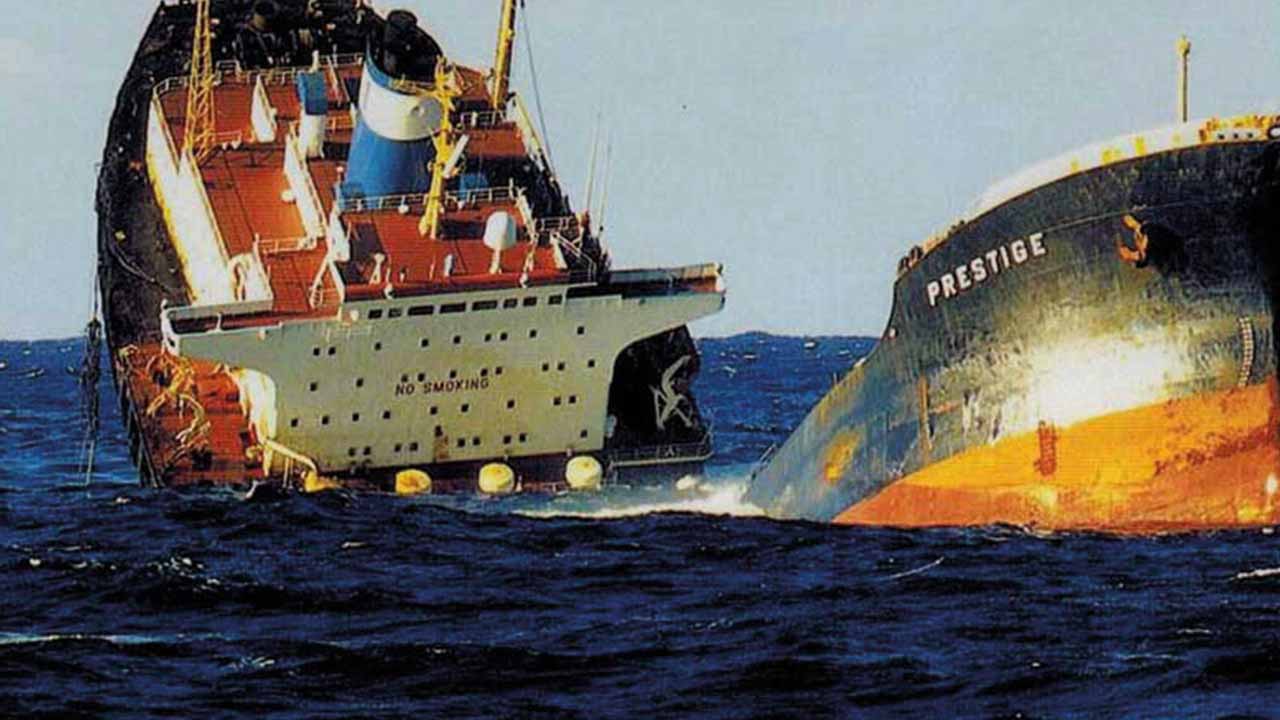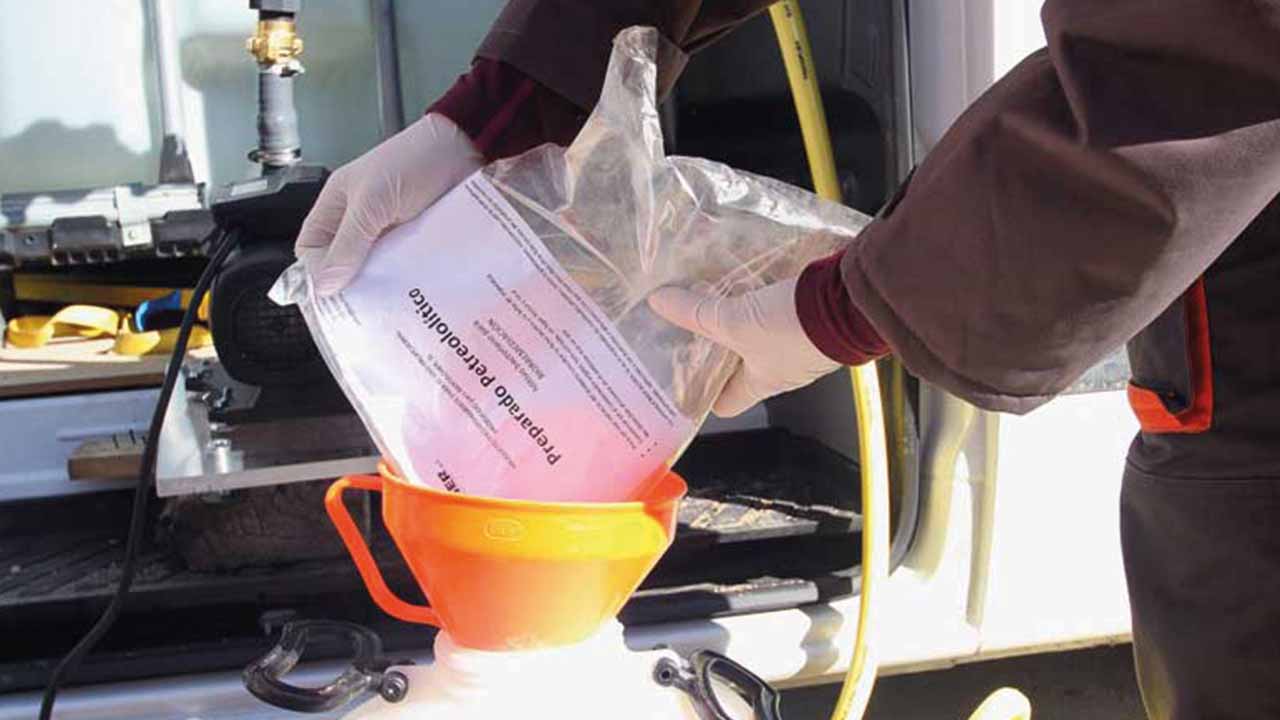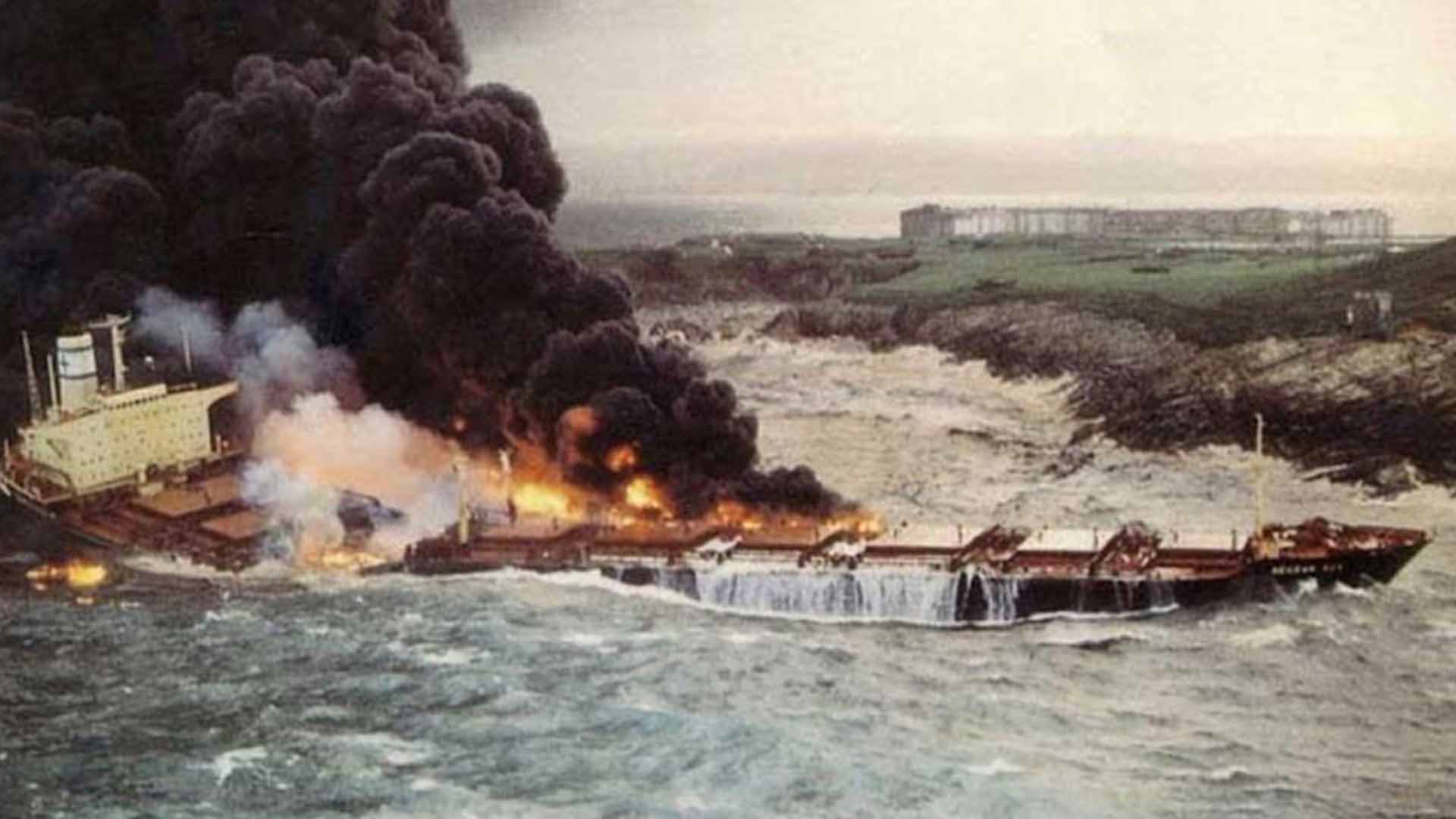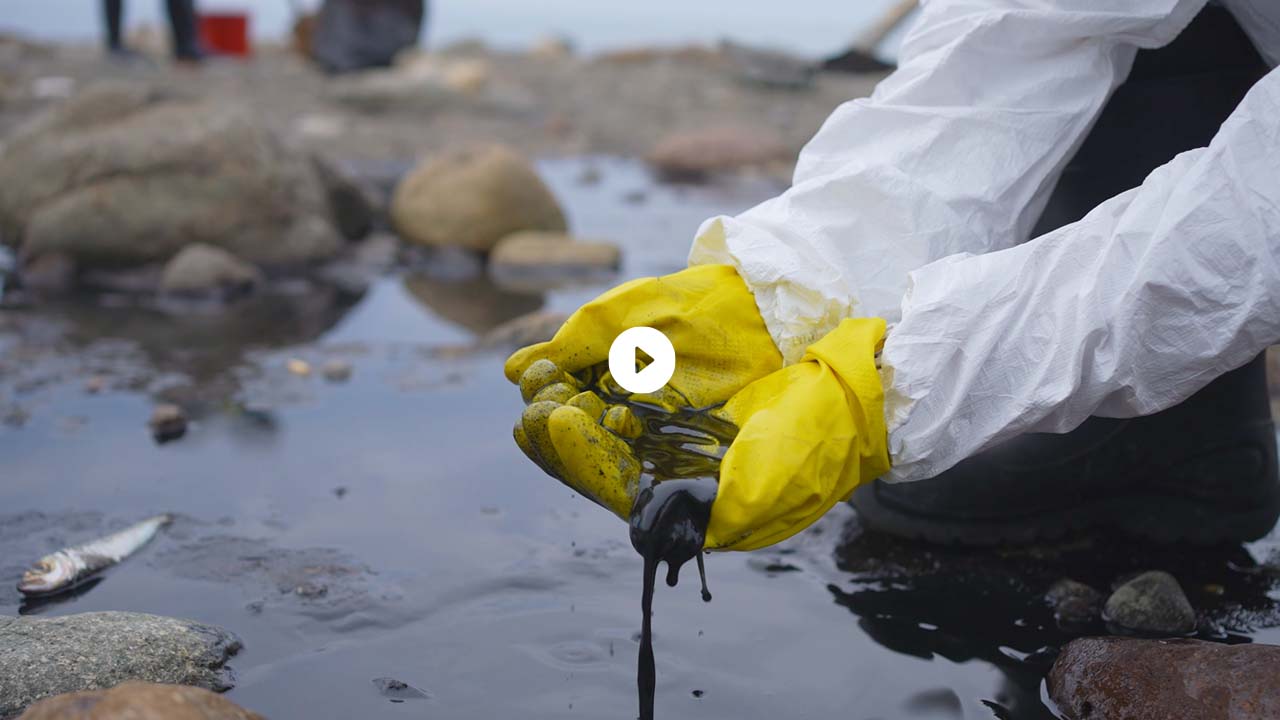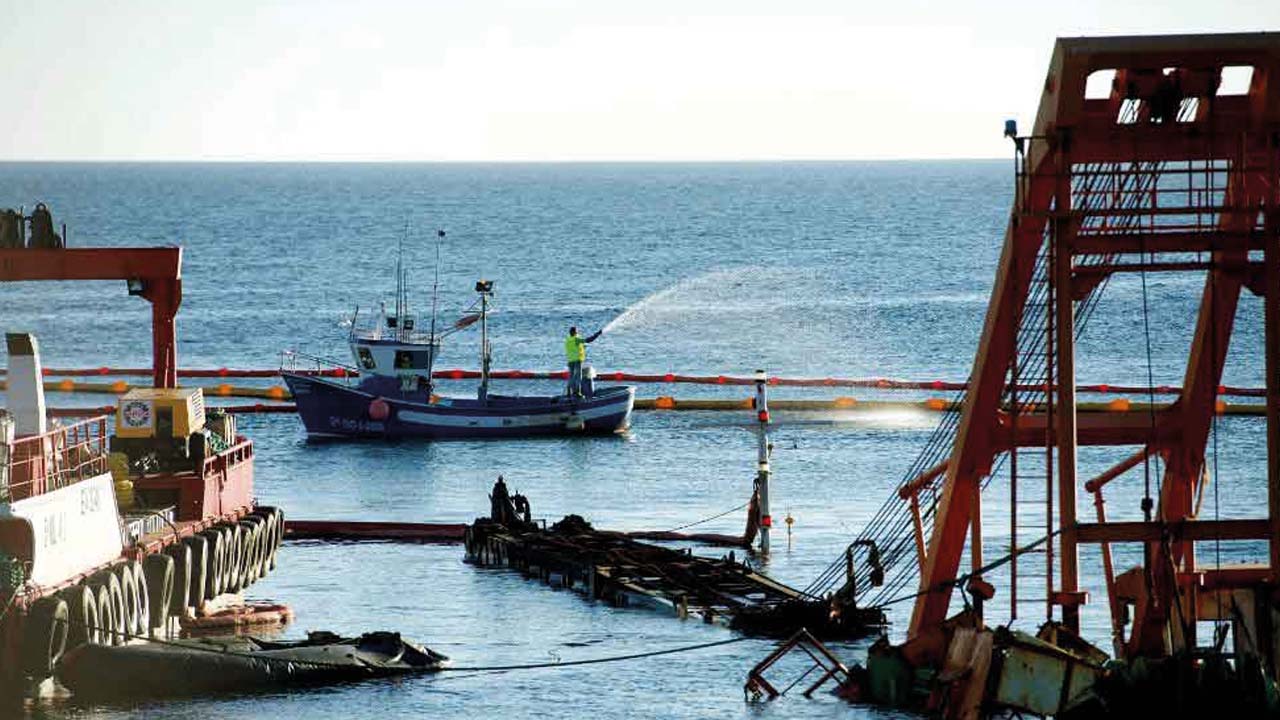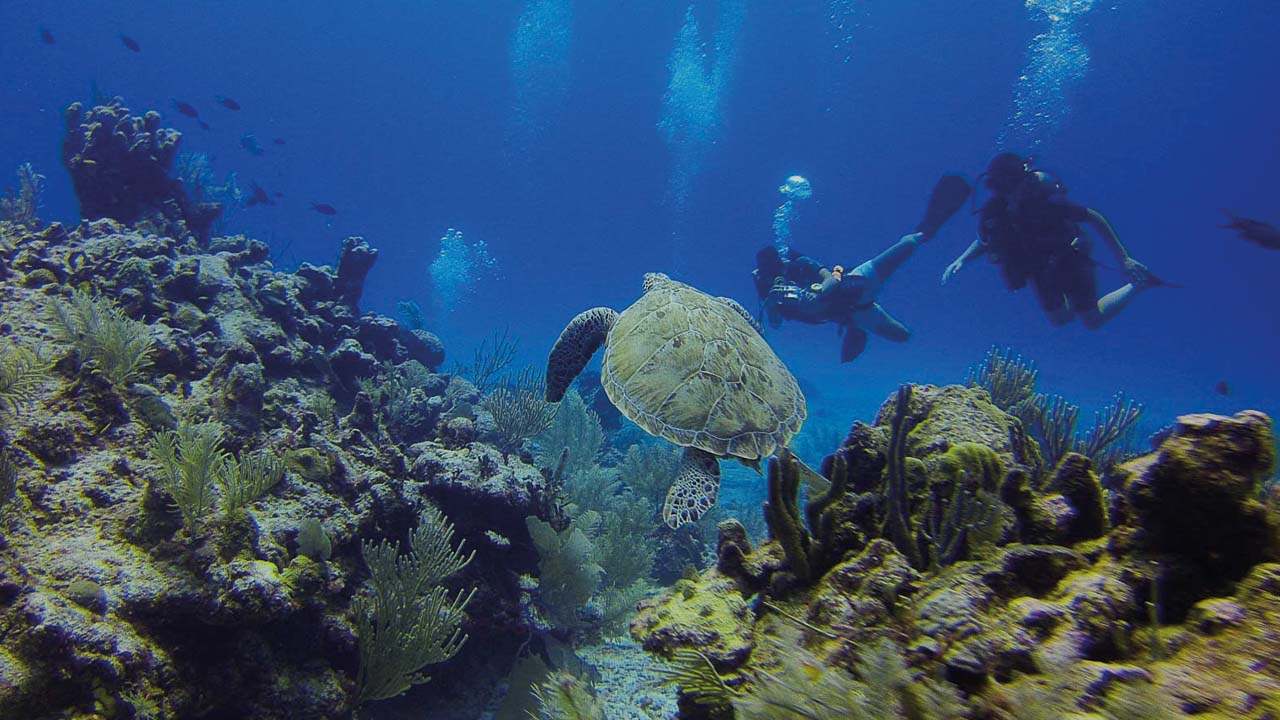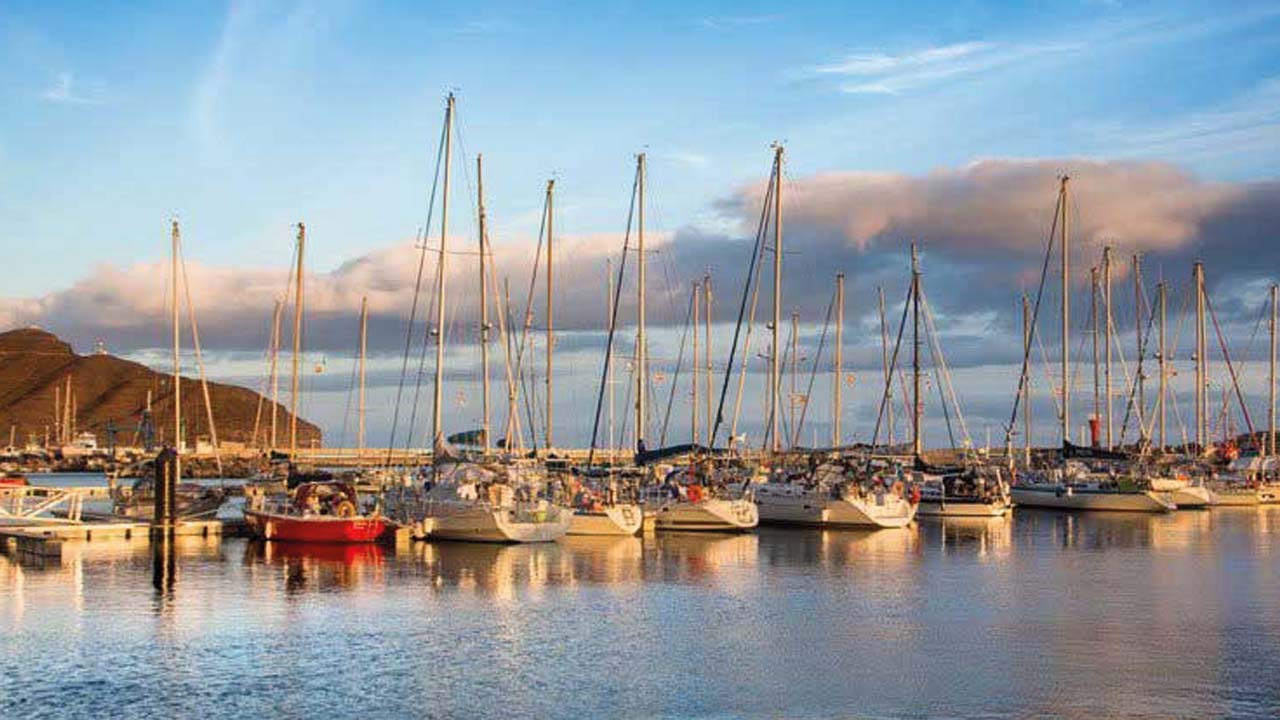The oceans receive more than 7 million tons of hydrocarbons per year
Oil spills, chemical contamination, and plastic waste pose significant dangers to marine ecosystems.
Current methods to combat pollution include mechanical extraction, chemical dispersants, and propeller agitation, but none offer a comprehensive solution.
Bioremediation stands out as the only technology capable of restoring contaminated environments without causing further harm.
Technology
Bioremediation - Nature's solution
Biopulcher, with 30 years of experience, specializes in eco-sustainable technologies. We’ve earned approval from the Spanish Ministry of Development and the General Directorate of the Spanish Merchant Navy for our innovative approach to combating hydrocarbon pollution in the sea using biological means.
Our flagship product, the Biopulcher Petroleolitic Preparation, safely degrades hydrocarbon residues into harmless compounds.
We also offer biological activators and odor neutralizers for various deodorization treatments, all compliant with regulations and focused on environmental protection.
Oil-eating Bacteria
Oil has been part of life on earth for millions of years.
In nature, exist microorganisms that have the capacity to degrade hydrocarbons.
These bacteria are capable of metabolizing the hydrocarbon molecules. It decomposes and reduces them to harmless basic compounds for the ecosystem.
This is how nature protects itself from the natural leaks of hydrocarbons that emerge from different environments.
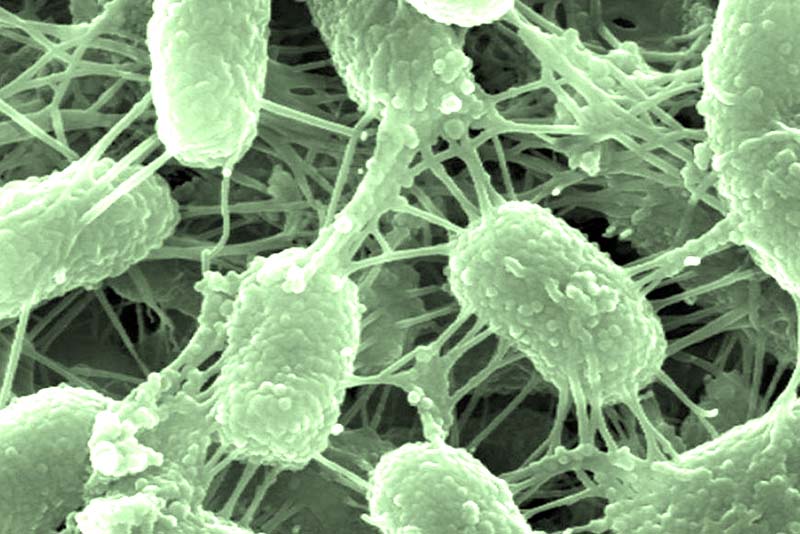
What is Bioremediation?
Bioremediation is the decontamination process that, using these microorganisms, accelerates that natural and irreversible process, in places where contamination is really high.
Among these microorganisms there is the pseudomona putida, one of the main bacteria of the preparation Biopulcher Petreololítico. This bacterium is able to completely degrade every kind of hydrocarbons and their derivatives including fuel, gasoline and diesel, among others.
The bacteria decompose the hydrocarbon transforming them basically in CO2, H2O and organic waste. Once its source of food (hydrocarbon) is finished, the area is decontaminated, the bacteria die and they are integrated back into the natural cycle as a protein food for other living organisms.
Bioremediation is able to decontaminate large surfaces in a very short time. In some cases, it can be used, end to end, as the only decontamination method and, in others, could complement traditional methods of absorption, collection and extraction.
Above all, Bioremediation represents the final and definitive solution in any hydrocarbon decontamination process.
After Bioremediation there can only exist more Bioremediation.
Decontamination through Bioremediation
Nature's solution
Natural bacteria to eliminate hydrocarbons

Efficient
We provide Bioremediation treatments for on-site cleaning of environments contaminated by hydrocarbons. Our Petreololitic Biopulcher preparation swiftly degrades remaining hydrocarbons in water. Additionally, our services offer significant cost savings compared to traditional methods of extracting and transporting contaminated waste.

Biodegradable
The Biopulcher Petroleolitic Preparation efficiently transforms hydrocarbons and their derivatives into benign compounds such as CO2, H2O, and organic waste, ensuring their complete and irreversible decomposition. This natural bioremediation process produces no discharges, waste, or atmospheric emissions, making it a sustainable and environmentally friendly solution

Safe
The Biopulcher Petroleolitic Preparation meets stringent biosecurity standards. Comprising non-genetically modified microorganisms sourced from natural environments, these saprophytic organisms neither engage in symbiosis nor parasitism. They lack photosynthetic capabilities and do not generate spores or forms of resistance that could prolong their presence in the environment.
The cycle of Bioremediation
REMEDIATION:
Solve a problem
BIO-REMEDIATION:
Use biological organism to solve a problem
The biodegradation process converts contaminants into harmless organic compounds that can be assimilated by marine organisms, integrating into the food chain without leaving toxic residues.
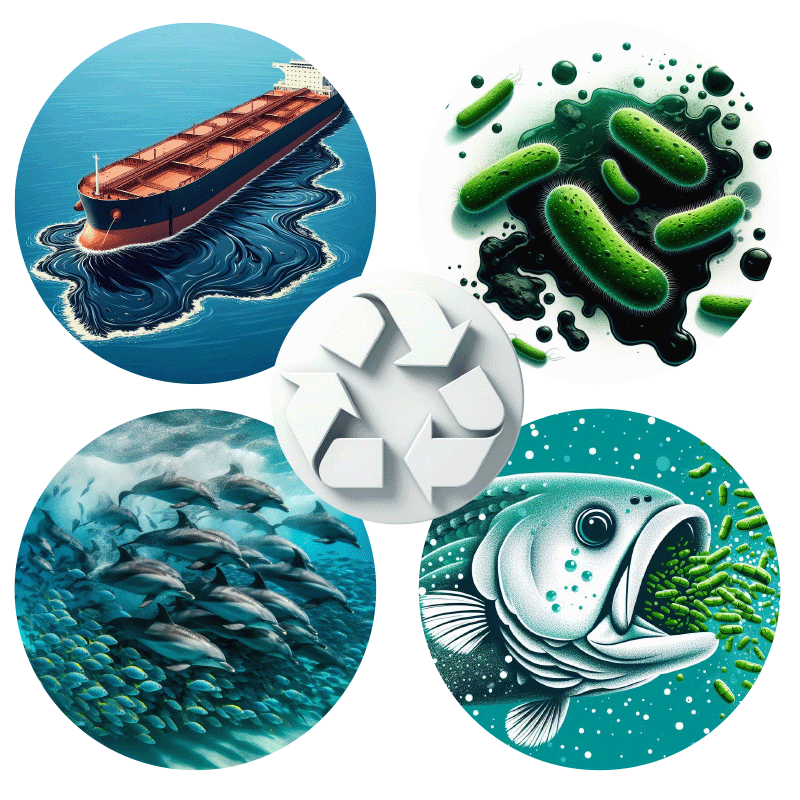
How does it work

1. Collection
Samples of the area contaminated by hydrocarbons are collected throughout all the Bioremediation process.
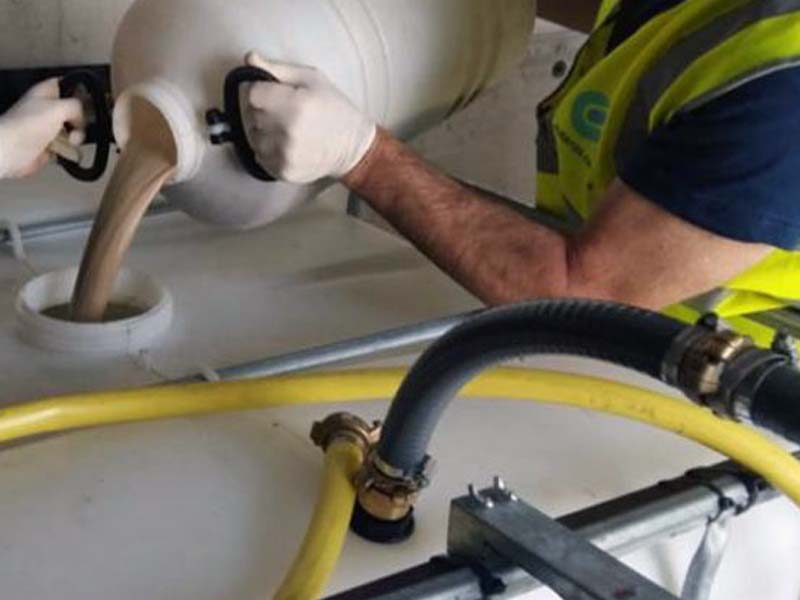
2. Fermentation
The lyophilized bacteria are poured into containers filled with water, nutrients and hydrocarbons from the contaminated area. The fermentation process lasts between 4 and 6 hours. The bacteria are activated and they reproduced until reach the optimal moment, which is when they are applied.
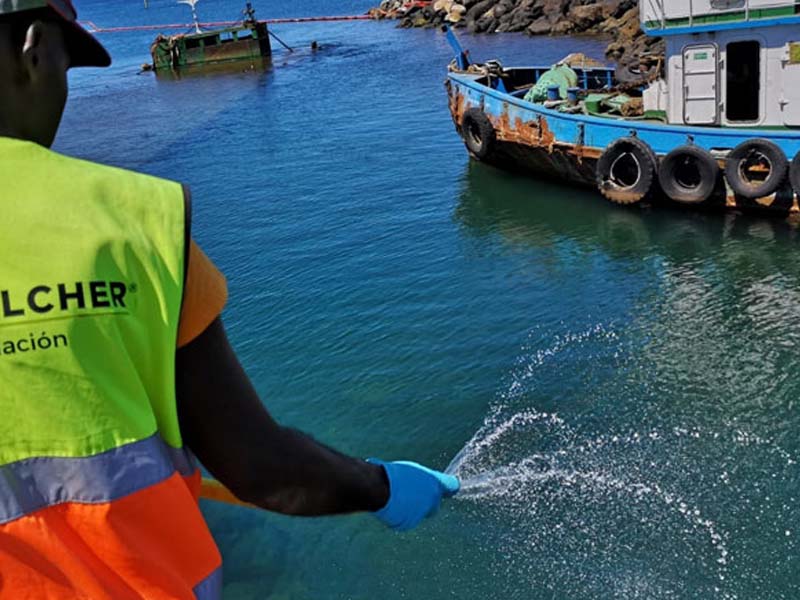
3. Aplication
Once prepared, the bacterial inoculum is applied on the contaminated surface and the bacteria start to work.
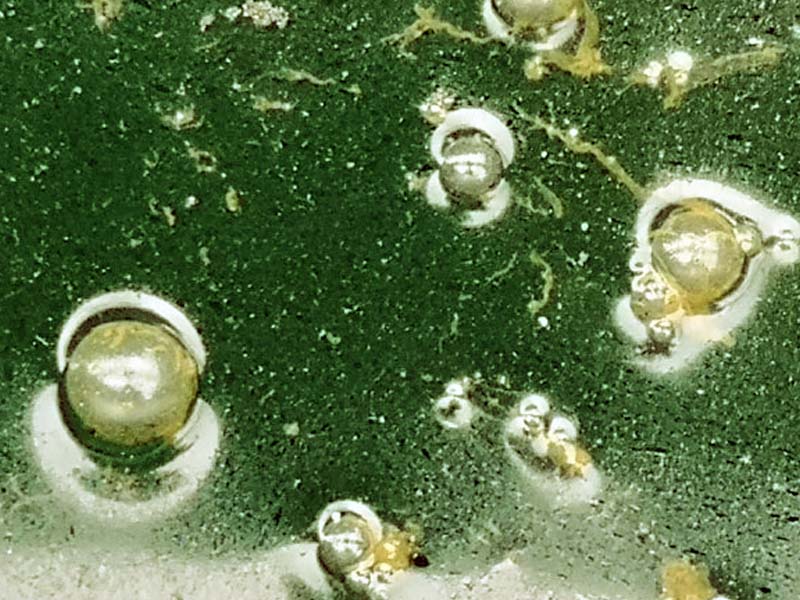
4. Degradation
In a few hours (depending on the type of hydrocarbon) the Biopulcher preparation breaks down the hydrocarbon molecules.
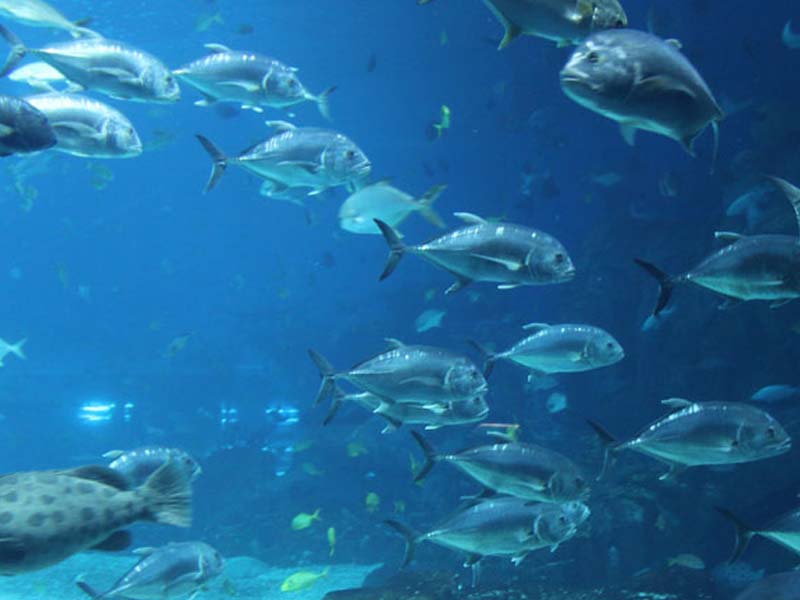
5. Recuperation
The stain begins to disappear; the bacteria no longer find hydrocarbons “to feed”, they die and return to the circle of the environment in a natural way. The sea returns to the state prior to pollution. The ecosystem is safe.
Let's talk about Bioremediation
Bioremediation Benefits
- It is a technology that can be applied “in situ” almost always. Therefore, it is not necessary to transfer the contamination to other places because it works in the same place where the contamination is located.
- It is a totally Natural and respectful with the environment Technology. It is not toxic; it is not pathogenic neither for the plankton, nor for the continental or marine ictofauna, nor for the flora or the human beings.
- It is the only treatment that definitively eliminates the residues of hydrocarbons by decomposing and reducing them to harmless compounds.
- The European Regulations recommend In Situ decontamination with respect to excavation and transport of the contaminated waste to treatment plants.
- It can be used for a complete decontamination process (end to end) or in conjunction with other Traditional, Chemical or Mechanical Techniques, to complete a decontamination process.
- Excellent cost/efficiency ratio, better than many other techniques.
- Wide scope of applicability: Marine environments, port waters, soil, subsoil, sandy, rocky areas, etc.
Where is bioremediation applied?
Bioremediation could be applied to any accidental spillage of hydrocarbons and their derivatives in marine environments and port waters and on a multitude of surfaces:
- Ground
- Subsoil
- Marine environments
- Port waters
- Sandy areas
- Rocky areas
- Any area or surface on which a minimum amount of free oxygen is available.
In addition
In order to neutralize odors it can be used in:
- Organic sludge
- Odors of sewage treatment plants, sewage, wastewater treatment plants, recycling plants
- Bed of rivers, swamps and ponds
- Sewers, leachates, urban organic waste, etc.
Our services
Product
Oil-eating Bacteria
Our flagship product, the Biopulcher Petroleolitic Preparation, safely degrades hydrocarbon residues into harmless compounds.

